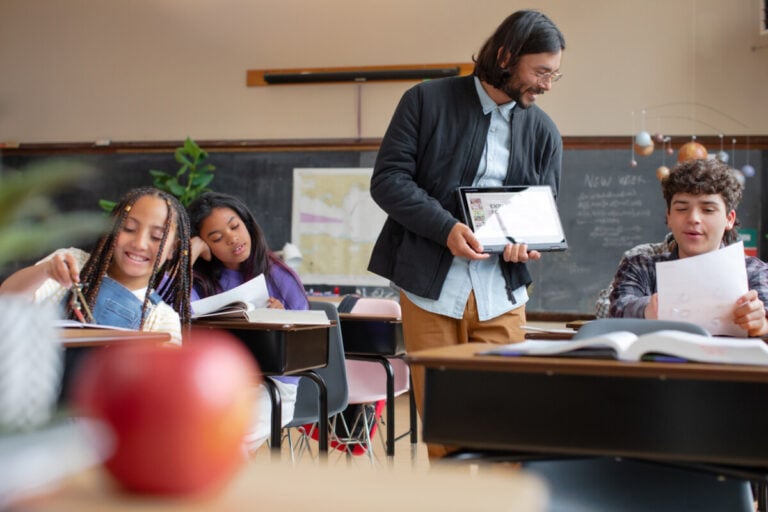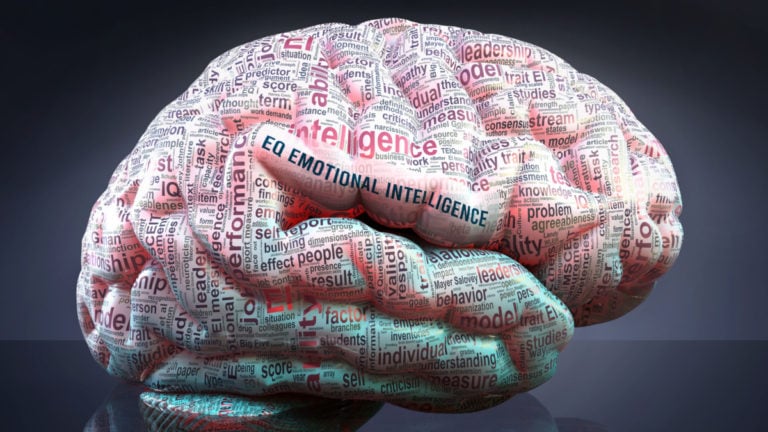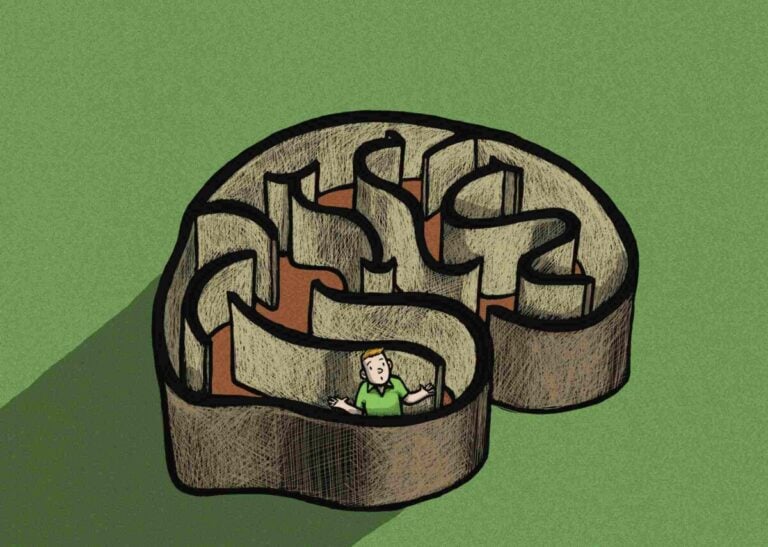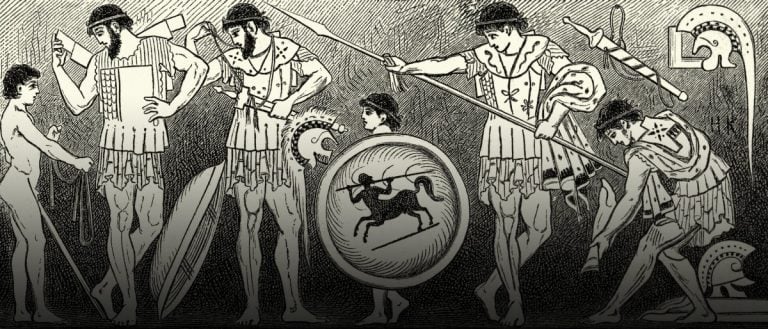In the modern educational process, considerable attention is paid to the role and qualities of the teacher. Teacher is not only a source of knowledge, but also has a huge influence on the formation of the personality of each student. Therefore, it is especially important to think about what a teacher should be in order to fulfill his pedagogical mission as efficiently as possible.
- The role of the teacher in the educational process: basic qualities and skills
- Importance of teacher's emotional intelligence in teaching
- Key principles for teacher professional development
- The teacher as a leader and inspiration: how to create a motivational learning environment
- Modern requirements for the teacher: adaptation to the changing needs of students
Modern requirements for a teacher have changed somewhat compared to past decades. In addition to teaching the subject, he must be able to create an atmosphere of friendliness and support in the classroom, be ready to work individually with difficult students and various teaching methods. The teacher must also be ready to adapt to new technologies and use them to increase the interest in learning and the active participation of each student.
The role of the teacher in the educational process: basic qualities and skills
The role of the teacher in the educational process is key to successful student learning. The teacher plays not only the role of a transmitter of knowledge, but also a scientist, mentor and inspirer. To be effective in this role, a teacher must possess certain qualities and skills.

Another important quality is professionalism. The teacher must have in-depth knowledge of the subject, as well as constantly develop and be aware of new teaching methods. It is important to have good communication skills to easily explain complex concepts and approach each student individually.
The teacher must also be prepared to adapt to the different educational needs of the students. Each student is unique and the teacher must be able to accommodate different learning styles in order to convey knowledge as effectively as possible.
Finally, it is important to have patience and firmness of character.
Importance of teacher’s emotional intelligence in teaching
Emotional intelligence is one of the key qualities that a teacher should possess. The importance of this aspect lies in its ability to effectively establish and maintain an emotional connection with students. A teacher with high emotional intelligence is able to penetrate into the world of each child and understand his needs and opportunities.

Such a teacher not only oversees the academic achievements of students, but also cares about their emotional well-being. He is able to create an atmosphere of trust and support in the classroom where every child feels comfortable and safe to express their thoughts and feelings.
Emotional intelligence also helps the teacher to effectively manage conflict and problems in the classroom.
Key principles for teacher professional development
Key principles of teacher professional development play an important role in creating an effective educational environment.
- Firstly, continuous self-education is an integral part of the teacher’s work. He must be ready to constantly expand his knowledge and skills, learn new methods and approaches to learning.
- Secondly, collegiality is another important principle of teacher development. Sharing experience with other teachers helps to expand your horizons and find new approaches to work.
- Thirdly, reflection is a key moment for a teacher’s professional growth. Self-critical analysis of your practice helps to identify weaknesses and work on improving them.
The teacher as a leader and inspiration: how to create a motivational learning environment
The teacher plays a key role in creating a learning environment that encourages students to develop and succeed. One of the important aspects of the teacher’s role is his leadership and ability to inspire students for active learning.

To create a motivational learning environment, the teacher must be a good leader. This means that he must have clear learning objectives and strategies, as well as the ability to communicate effectively with his students. The teacher should be authoritative and at the same time accessible to children so that they feel comfortable asking questions or asking for help.
In addition, it is important to create a positive learning environment where each student feels valued and respected. The teacher should encourage cooperation and maintain a friendly attitude among students.
Modern requirements for the teacher: adaptation to the changing needs of students
Modern education is subject to constant changes and requires the teacher to be able to adapt to the different needs of students. Today’s students differ from previous generations in their diversity and individuality. The teacher must be ready to work with different types of personalities, take into account their characteristics and needs.
One of the important skills that a modern teacher should possess is the ability to differentiate learning. Each student has their own unique learning style, so it is important to provide each student with the opportunity to gain knowledge in the way that is most effective for him. The teacher must be flexible in using different teaching methods and strategies to meet the individual needs of each child.















